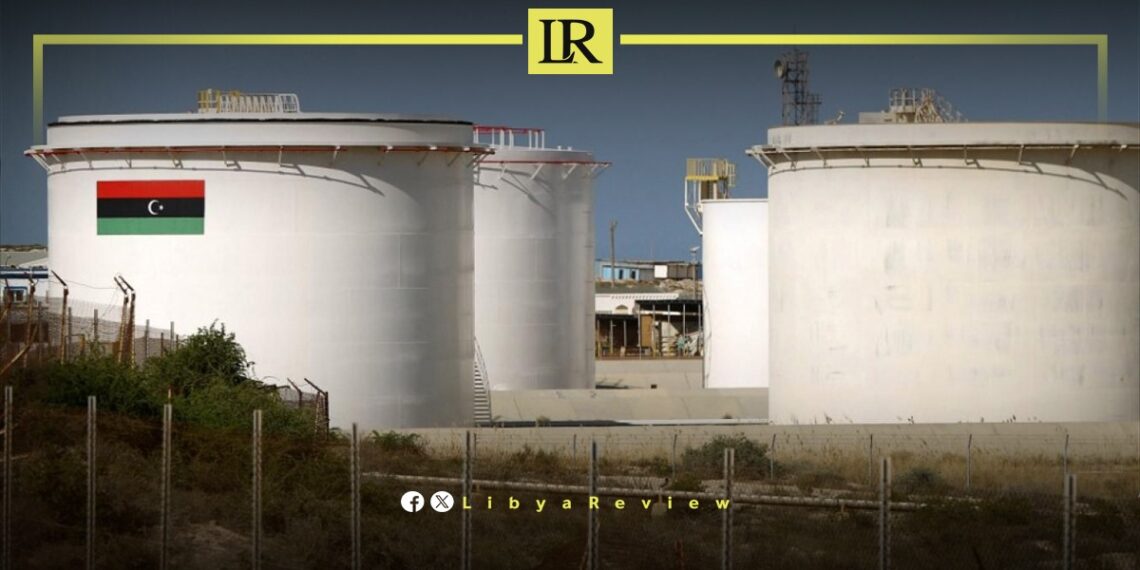On Monday, Libya’s oil exports from its major ports were halted with significant production cuts reported across the country, according to a Reuters report.
The shutdown comes as a result of the ongoing political crisis triggered by the dismissal of Central Bank Governor Al-Siddiq Al-Kabir and his replacement by a rival board, which has led to widespread disruptions in the country’s oil sector.
Six engineers confirmed to Reuters that some oil production is being redirected to meet local energy needs, but overall output has been severely reduced. Since the political standoff began last month, Libya’s oil production has plummeted to less than half of its usual levels, causing a significant impact on the nation’s economy.
Exports have come to a standstill at key ports, including Es Sider, Ras Lanuf, Zueitina, Marsa el-Brega, and Sirte. These ports are critical to Libya’s oil export capacity, and their closure has effectively crippled the country’s ability to sell crude oil on the international market.
In an attempt to address domestic energy demands, the Arabian Gulf Oil Company (AGOCO), a subsidiary of the National Oil Corporation (NOC), has been instructed to increase production at certain fields to supply a nearby power station. Despite these efforts, overall production remains far below typical levels.
As of August 28, AGOCO’s production was down to 139,000 barrels per day (bpd), a sharp decline from the 290,000 bpd reported on July 20. The NOC reported that total oil production across Libya had dropped to just over 591,000 bpd on August 28, down from around 959,000 bpd just two days earlier. This drastic reduction in output has resulted in losses exceeding $120 million over three days. In contrast, Libya’s oil production was approximately 1.28 million bpd on July 20, highlighting the severity of the recent disruptions.
Libya’s oil production had shown relative stability earlier in the year, with the Organization of the Petroleum Exporting Countries (OPEC) reporting an average output of 1.18 million bpd in July. However, the recent political upheaval has thrown the industry into disarray, threatening the stability of Libya’s primary revenue source.
Libya, which holds Africa’s largest proven oil reserves, relies heavily on its oil industry for economic stability. The current shutdown of major export ports not only reduces the country’s revenue but also jeopardizes its ability to maintain a stable supply of energy domestically.
This latest crisis is part of a long-standing pattern of instability in Libya’s oil sector, which has been plagued by political rivalries, militia control, and frequent blockades since the 2011 uprising. These disruptions have made it increasingly difficult for Libya to maintain consistent oil production and exports, exacerbating the country’s economic challenges.


